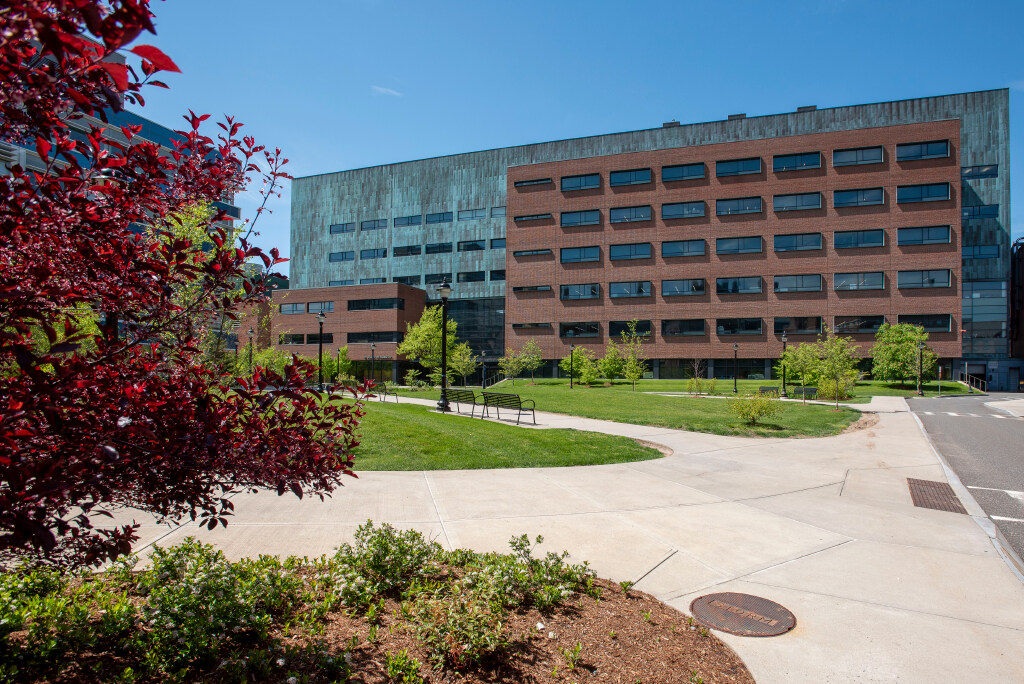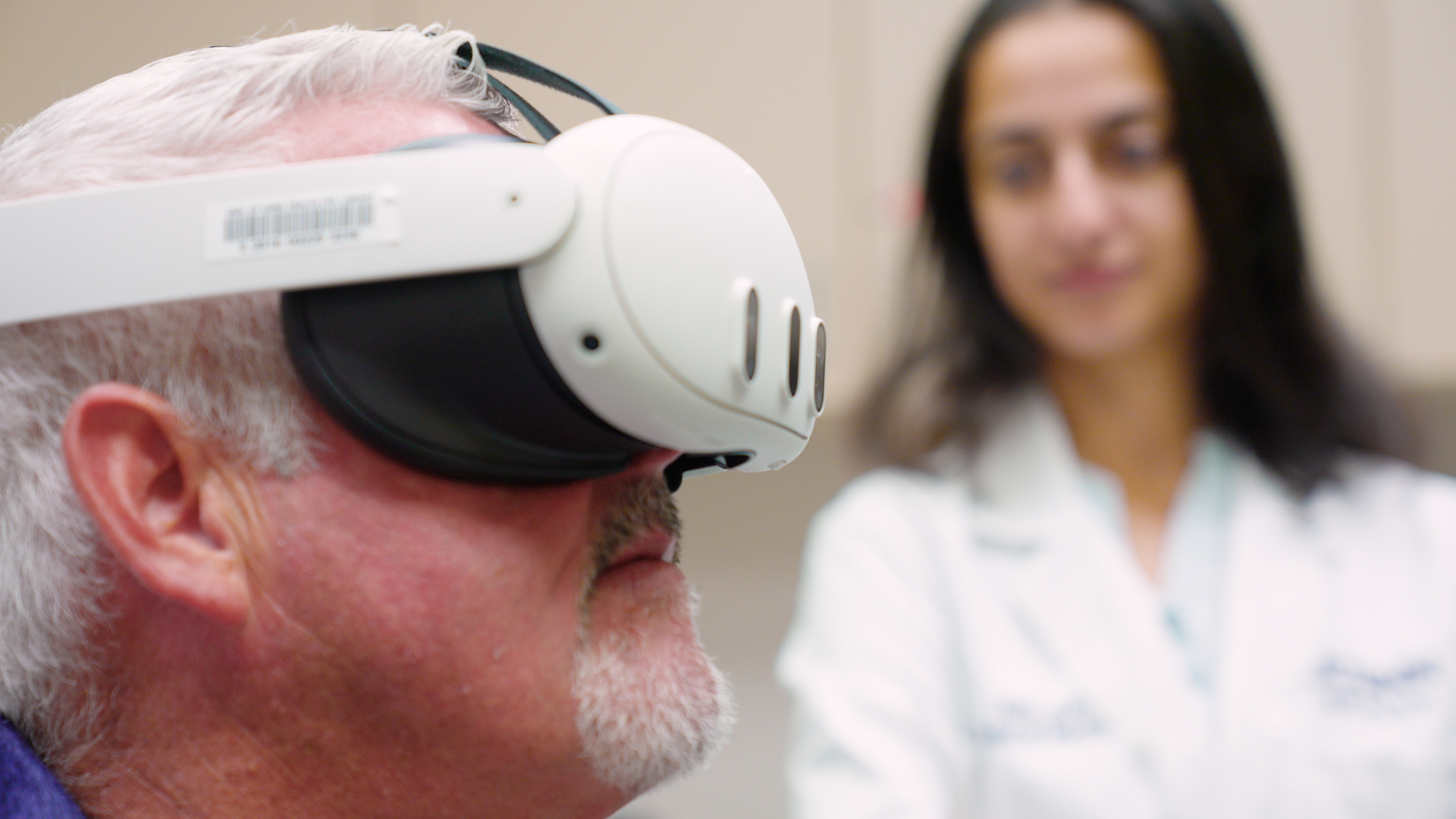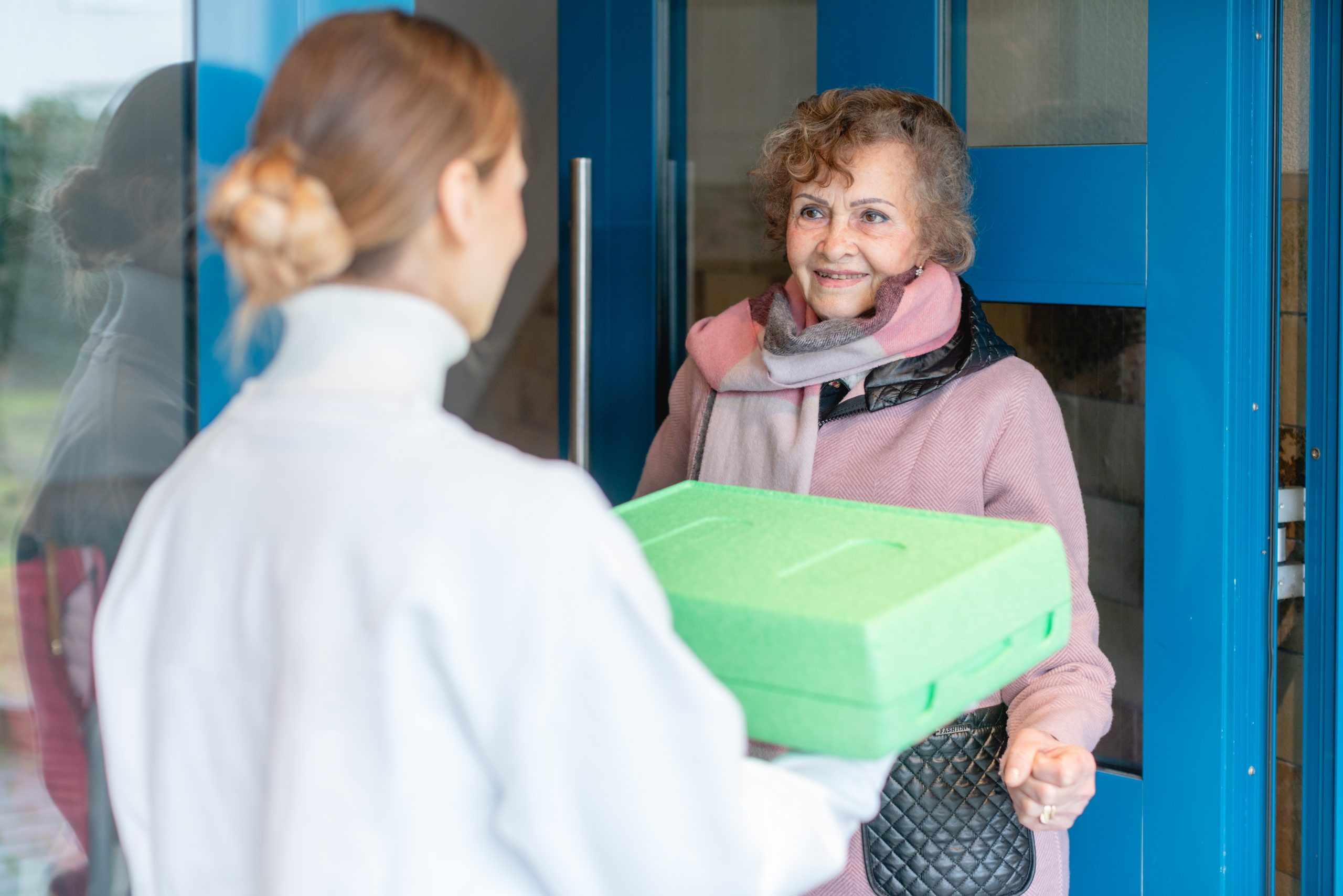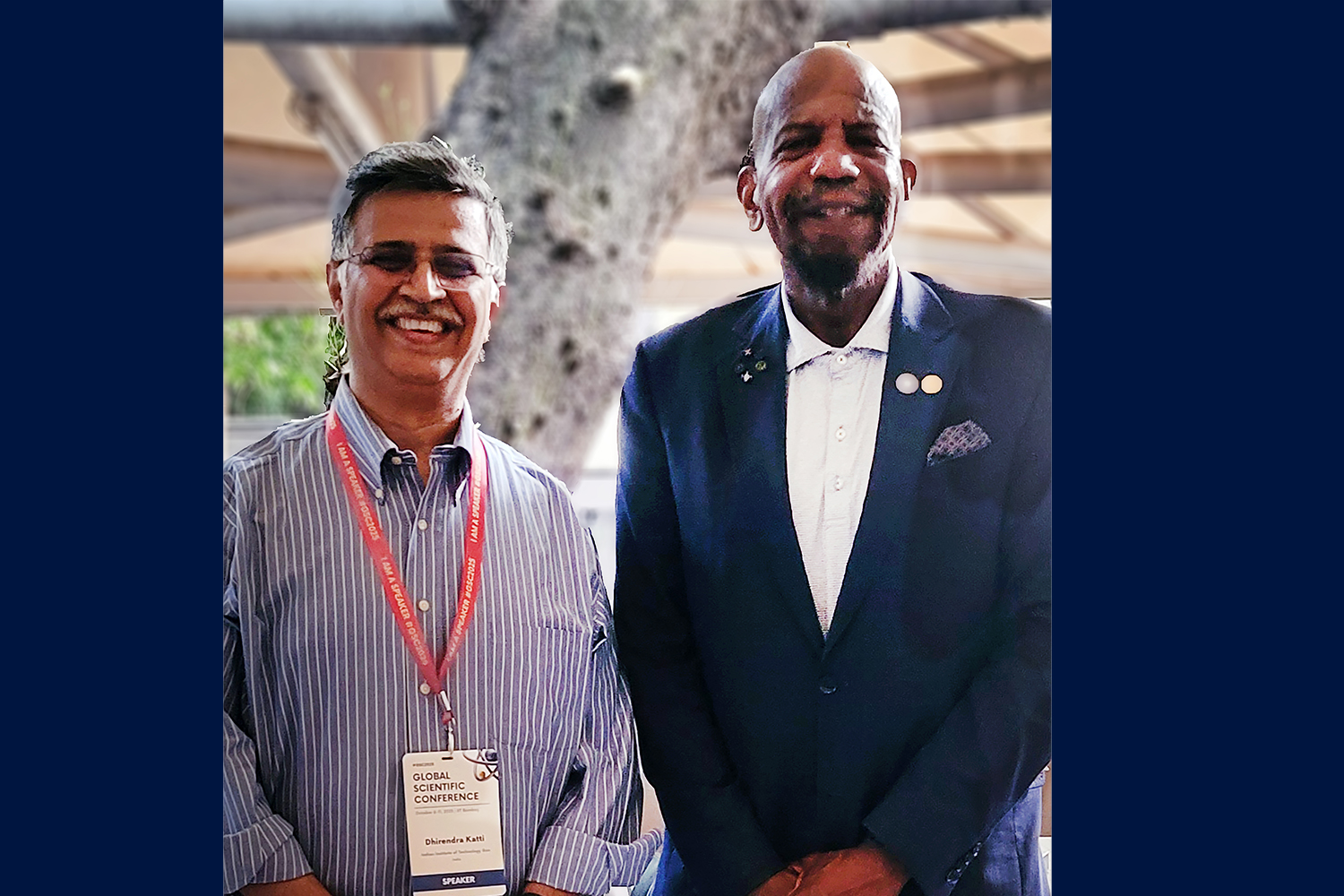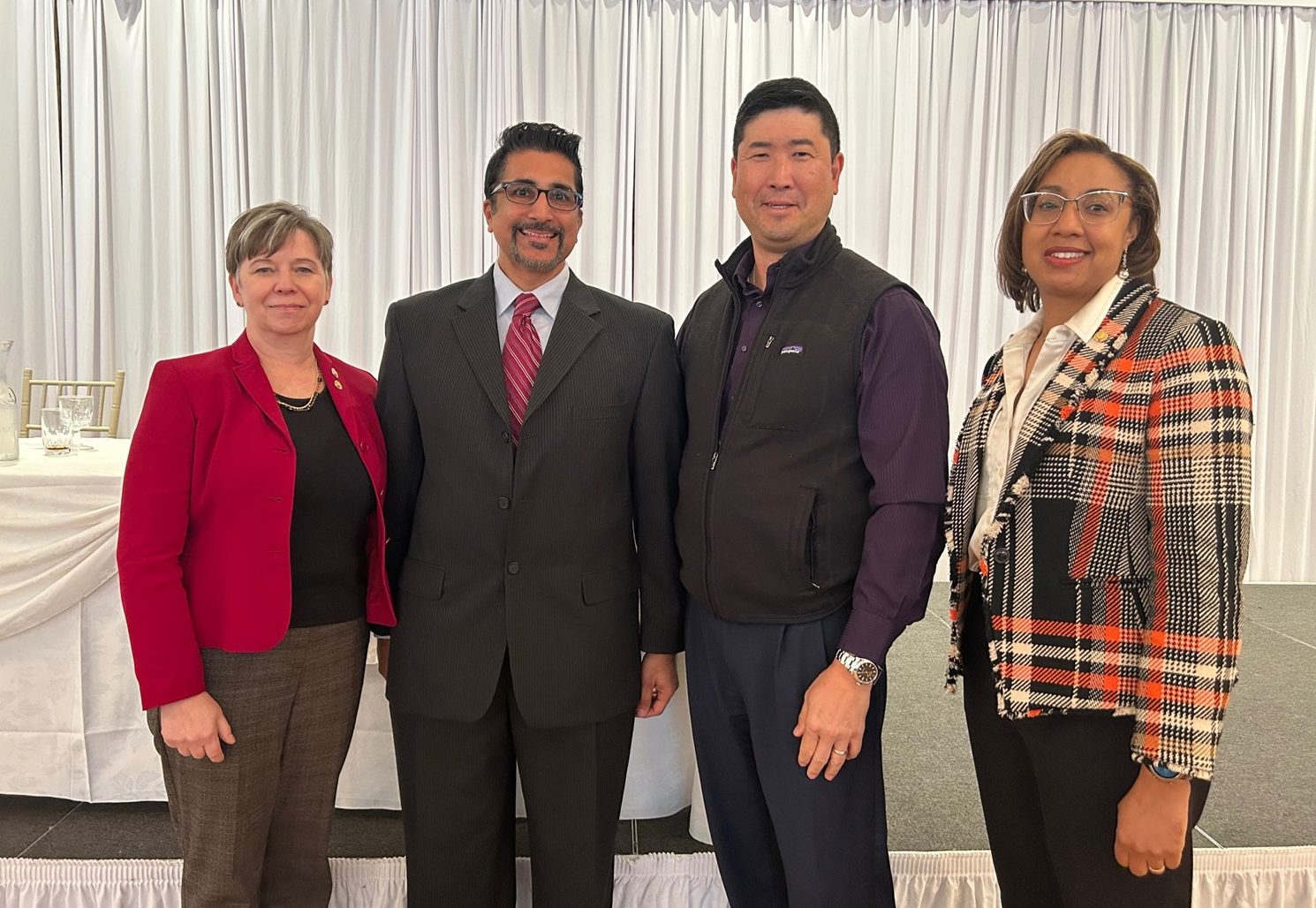UConn Holds Mobile Summer Institute on Scientific Teaching and Transformation
The Mobile Summer Institute on Scientific Teaching and Transformation brought over 50 faculty, staff, and students from three UConn campuses in May to champion equity and inclusion for enhanced student success.
The five-day institute, held at UConn Storrs, served as a platform for attendees to explore sustainable change within classrooms and academic departments. Funding for the event came through a Howard Hughes Medical Institute IE3 grant and the Center for Excellence in Teaching and Learning (CETL).
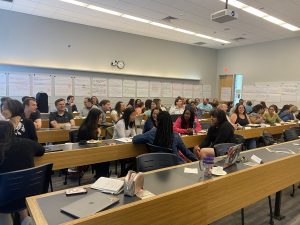
Participants applied as a team to work on a specific project and then engaged in workshops to learn tools and strategies to cultivate inclusive learning environments. Facilitators guided interactive sessions each morning on topics such as inclusivity, backwards design, and scientific teaching methodologies.
The cornerstone of the Summer Institute was the project work done by teams, aimed at fostering change within their respective spheres. These projects were crafted, peer reviewed and then refined for final presentation.
Participants came together on the final day of the Summer Institute and met about strategies at the department and university level that would support their efforts in the classroom. Vice Provost for Academic Affairs Gladis Kersaint, who has been an ally for the IE3, along with department heads and University leaders attended to hear from participants and share how they are working to enhance teaching excellence.
“The support from the Office of the Provost to amplify this effort indicates the urgency to concentrate our efforts on breaking down barriers to student success,” said Martina Rosenberg, Director of Director of Teaching and Learning Assessment for CETL. “UConn’s new strategic plan is a roadmap for professional development opportunities like the Summer Institute to focus on ways we can strengthen learning through investing in excellent teaching.”
A total of 17 projects were supported using 17 facilitators and three graduate students, who worked with the teams through the process of imagining the impact of their project, putting the ideas into actionable steps, redesigned lessons, and plans to disseminate their learnings throughout their departments.
To learn more about the HHMI IE3 grant and ways to get involved, please visit: https://inclusive-excellence.initiative.uconn.edu/
Latest UConn Today
- UConn Pharmacy Student Receives the Gateway to Research AwardKayla Barca, a fifth-year Pharm.D. student, has received the Gateway Award from the American Foundation for Pharmaceutical Education (AFPE) for her research in opioid use disorder. With the support of her mentor, Gregory Sartor (Ph.D.), Kayla has excelled both in the classroom and laboratory, evidenced by this prestigious award.
- UConn Health Minute: Comfort in 3DEven a simple skin procedure can make someone a little nervous. At UConn Health, a new study is helping patients find calm in an unexpected way – through virtual reality. Fourth-year UConn medical student Avni Jain initiated the study starting in UConn Health’s dermatology clinic.
- Training Program Delivers Resources to Reduce Social Isolation Among SeniorsSocial isolation is a growing health concern that disproportionately impacts older adults. Researchers at UConn, Johns Hopkins University, and Brown University have designed cost-effective resources to reduce it
- UConn Professor Sir Cato T. Laurencin Delivers Plenary Lecture at the ACS Global Scientific ConferenceLaurencin traveled to Mumbai, India to serve as the Plenary Speaker at the American Chemical Society (ACS) Global Scientific Conference.
- UConn Creates Family Medicine LeadersThree graduates of UConn School of Medicine elected leaders of the American Academy of Family Physicians and its Connecticut Chapter.
- One Collapse. Countless Saves.One Collapse. Countless Saves. Can we stop deadly heat in its tracks with ice and science? With half a lap left in the 10k race, Douglas Casa collapsed. The 16-year-old had dreamed of competing in New York’s Empire State Games since he was 12. He made the cut that June, finishing in the top two […]







